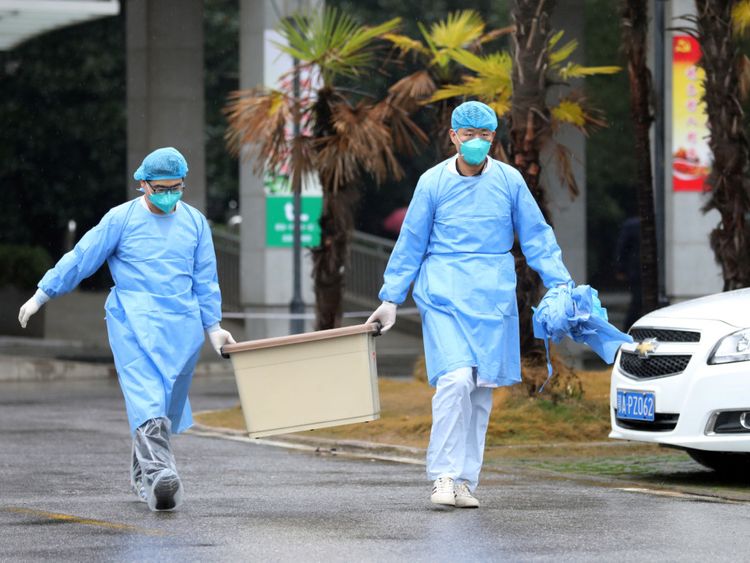World should be wary of new coronavirus outbreak in China
In just over three days, the sense of alarm over the emergence of a new strain of coronavirus in China’s Wuhan province has gone from mild to severe.
And understandably so.
The new strain of virus appears to be linked to the dreaded Sars virus of 2002-2003 that spread panic around the world.
As the numbers of the infected rise in China, with at least six deaths reported so far, and instances emerge of at least three countries, including Thailand and South Korea, detecting single cases, assuaging the concerns of the public is the first priority for all countries.
The UAE, in keeping with its excellent record of epidemiological surveillance and appropriate response to health emergencies, has moved swiftly to reassure residents that the outbreak poses no danger to anyone in the country and that it has taken all precautions to deal with the situation.
The Severe Acute Respiratory Syndrome (Sars) outbreak was 17 years ago but its impact and consequences are not to be forgotten. In 2003-2003, Sars led to 774 deaths in 37 countries.
Among the lessons it, and other outbreaks that became global concerns such as Ebola, Middle East respiratory syndrome coronavirus (Mers-CoV), avian influenza, Zika virus, taught the world is that the irreversible reality of globalisation has made it mandatory for the world to think differently to reach a common solution.
No longer can the world view an epidemic as the source country’s problem, as the past two decades have shown. It requires a cross-specialisation, cross-industry and cross-nation collaboration because as experts repeat ever so often, we have entered the age of emerging infectious diseases and the new strain of coronavirus in China is proof of that. For every new strain that emerges, it will take the efforts of the entire global fraternity to devise further ways to not just contain its spread but also prevent its recurrence as scientists and researchers scramble to get out a drug to contain the fallout. By that time, much damage is already done.
In the view of scientists, many of these epidemics are man-made. According to the WHO, 70 per cent of emerging human pathogens come from animals and intensive farming methods can be a contributor. Other triggers are food production, use of land and agricultural practices.
Each health outbreak, therefore, is a message to mankind to examine its way of life and its relationship with nature.




